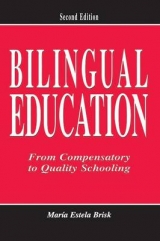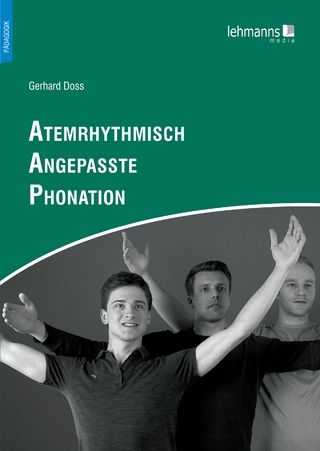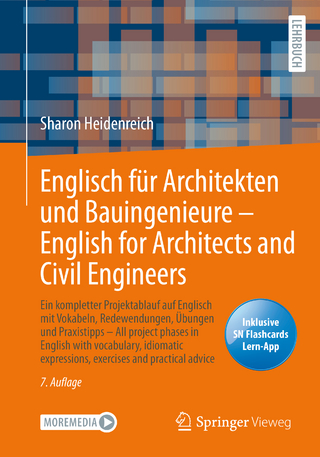
Bilingual Education
From Compensatory To Quality Schooling
Seiten
1997
Lawrence Erlbaum Associates Inc (Verlag)
978-0-8058-2495-7 (ISBN)
Lawrence Erlbaum Associates Inc (Verlag)
978-0-8058-2495-7 (ISBN)
- Titel erscheint in neuer Auflage
- Artikel merken
Zu diesem Artikel existiert eine Nachauflage
A volume that aims to provide a multifaceted and flexible framework for implementation and evaluation of bilingual education, arguing that rigour does not always require rigidity. Schools can work on discreet aspects of the programme in order to create a successful whole for their communities.
The discourse on education of students who come to school with a language and cultural background other than English has been stuck on the issue of language choice. Arguments in favor of bilingual education stress the advantages of using the native language of the students. Those against list the benefits of English-only instruction. The political struggle to defend the existence of bilingual education in schools has also dissipated too much energy in the search of a "perfect" model. The recent history of bilingual education is replete with various models all posing as panaceas. Evaluation of programs based on models are unreliable because models do not teach and rarely learn. Overreliance on particular models often detracts from analyzing what actually happens in schools. Many concerned educators realize that in order to improve the education of bilingual students we need to go beyond the debate on language choice and support for particular models.
Education of bilingual students is a complex enterprise impossible to address with simple formulas. It is not, however, an impossible quest. We can create good schools for bilingual students. There is abundant research and experience to prove it despite claims to the contrary. The pieces of the educational puzzle exist but they are scattered. The major pieces include the research on effective schools, language, and culture; the role of families; and the characteristics of the students themselves. This book not only synthesizes such research but also provides a personal testament to what the author has observed in classrooms, in consulting with schools, and in training teachers. The results are presented as specific conditions for creating quality schools, developing comprehensive bilingual and bicultural curricula, and using appropriate instructional practices. The book provides a multifaceted and flexible framework for implementation and evaluation of bilingual education. Rigor does not always require rigidity. The best educational practices originate from knowing students, their families, and communities. Rather than following a prescribed model, schools can work on discrete aspects of the program in order to create a successful whole for their particular community.
The discourse on education of students who come to school with a language and cultural background other than English has been stuck on the issue of language choice. Arguments in favor of bilingual education stress the advantages of using the native language of the students. Those against list the benefits of English-only instruction. The political struggle to defend the existence of bilingual education in schools has also dissipated too much energy in the search of a "perfect" model. The recent history of bilingual education is replete with various models all posing as panaceas. Evaluation of programs based on models are unreliable because models do not teach and rarely learn. Overreliance on particular models often detracts from analyzing what actually happens in schools. Many concerned educators realize that in order to improve the education of bilingual students we need to go beyond the debate on language choice and support for particular models.
Education of bilingual students is a complex enterprise impossible to address with simple formulas. It is not, however, an impossible quest. We can create good schools for bilingual students. There is abundant research and experience to prove it despite claims to the contrary. The pieces of the educational puzzle exist but they are scattered. The major pieces include the research on effective schools, language, and culture; the role of families; and the characteristics of the students themselves. This book not only synthesizes such research but also provides a personal testament to what the author has observed in classrooms, in consulting with schools, and in training teachers. The results are presented as specific conditions for creating quality schools, developing comprehensive bilingual and bicultural curricula, and using appropriate instructional practices. The book provides a multifaceted and flexible framework for implementation and evaluation of bilingual education. Rigor does not always require rigidity. The best educational practices originate from knowing students, their families, and communities. Rather than following a prescribed model, schools can work on discrete aspects of the program in order to create a successful whole for their particular community.
Contents: J. Cummins, Foreword. Preface. Introduction. Bilingual Education Debate. External and Internal Influences on Bilingual Students' Education. Creating a Good School. Creating Quality Curricula. Creating Quality Instruction. Beyond the Debate. Appendix: Teaching Strategies.
| Erscheint lt. Verlag | 26.7.2007 |
|---|---|
| Verlagsort | Mahwah |
| Sprache | englisch |
| Maße | 152 x 229 mm |
| Gewicht | 363 g |
| Themenwelt | Geisteswissenschaften ► Sprach- / Literaturwissenschaft ► Sprachwissenschaft |
| Sozialwissenschaften ► Pädagogik ► Allgemeines / Lexika | |
| Sozialwissenschaften ► Pädagogik ► Bildungstheorie | |
| ISBN-10 | 0-8058-2495-2 / 0805824952 |
| ISBN-13 | 978-0-8058-2495-7 / 9780805824957 |
| Zustand | Neuware |
| Haben Sie eine Frage zum Produkt? |
Mehr entdecken
aus dem Bereich
aus dem Bereich
Physiologisches, Psychologisches und Philosophisches für die Stimme
Buch | Softcover (2023)
Lehmanns Media (Verlag)
29,95 €
Buch | Softcover (2022)
Springer Vieweg (Verlag)
39,99 €
und wie man sie vermeidet
Buch | Softcover (2022)
C.H.Beck (Verlag)
14,00 €



